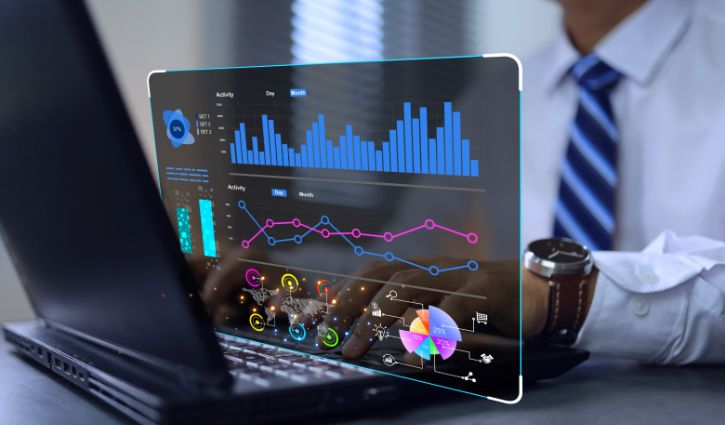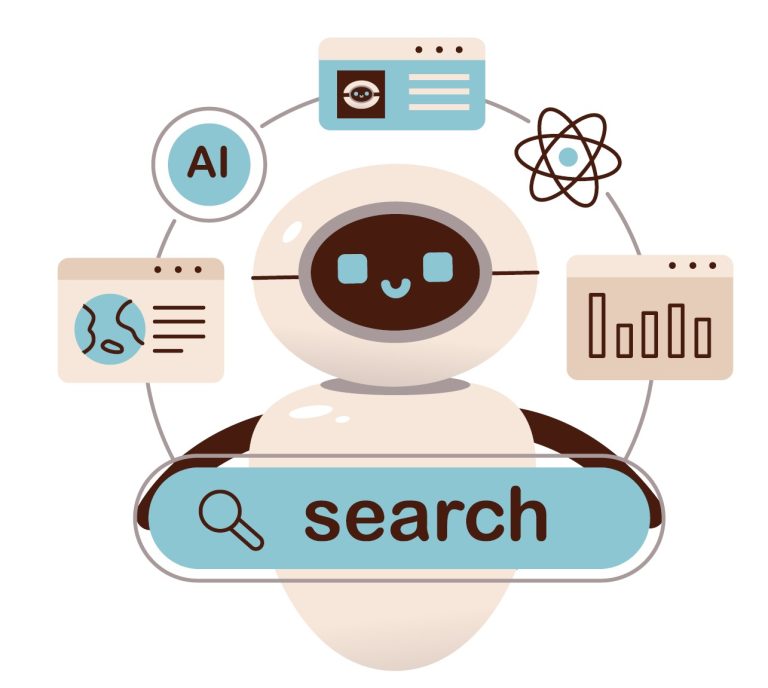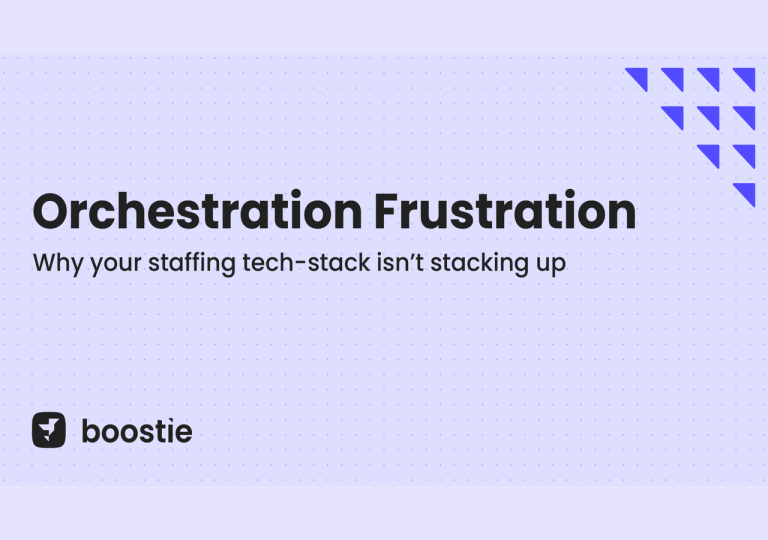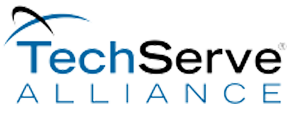Nowadays, everyone has heard something about AI – but many are still hesitant to incorporate AI tools into their operations. If the developments of the last few years have made you wonder how AI and staffing are changing the future of the staffing industry, you are not alone.
The short answer is that we are at the start of a technological shift where artificial intelligence is becoming a powerful tool for staffing firms. AI can help with the hiring process by:
- Streamlining operations
- Improving how companies interact with candidates
- Helping companies reach new levels of efficiency
In a recent TechServe Alliance webinar, Ashwarya Podder, Founder & CEO of ConverzAI, and Tim Robbins, Vice President of Sales at ConverzAI, explained how AI-driven tools impact staffing and how to make the most out of these tools. Their practical advice can help you train your team and prepare your business for the future.
Types of AI Solutions in Staffing
Artificial intelligence is becoming an important tool for staffing firms that can’t be ignored.
According to Podder, AI in talent acquisition are driving many significant improvements. These include advancements in areas such as automated candidate sourcing, engagement, and business development.
He mentions that almost everybody, including the staffing industryis now using generative AI technology such as ChatGPT as an alternative to searching for answers on Google, and integrating it in some form into their daily operations.
AI solutions in staffing generally fall into two categories:
1. Out-of-the-Box AI Tools
These tools optimize specific tasks within the staffing process – such as AI candidate screening or job description creation. While they offer significant benefits, considerations around bias, data privacy, and quality control must be addressed.
For example, biased algorithms might favor certain candidates over others. Data privacy concerns could arise if sensitive information is mishandled.
2. Advanced AI Solutions
These systems automate entire staffing processes, providing transformative value by integrating multiple tasks into a seamless workflow.
However, change management is essential, as teams need time to adapt to new technology. Scalability can also be challenging if the system struggles to handle increasing volumes of data or users.
Strategic Considerations for AI in Recruitment 2024
When you implement AI-driven staffing, this requires careful planning and strategy. Here’s what you need to do to make the transition as smooth as possible:
- Executive Support: Successful AI adoption often begins with strong support from top executives. The probability of success for the entire organization to be AI-first significantly increases when leadership is committed to AI.
- Change Management: The transition to AI in the hiring process requires effective change management. It should be driven by leaders such as Chief Operating Officers or VPs of Business Operations.
- Low-Effort, High-ROI Tools: The best automated recruiting software tools are those that can be easily implemented and quickly generate ROI without requiring significant effort from IT or recruiting teams.
- Scaling Quickly: Your company needs a clear plan for scaling AI from initial implementation to full deployment. Podder warns that “the opportunity cost of not adopting AI faster is extremely high.”
Real-Life Success Stories of AI in Action
If you’re not too sure about the benefits of AI recruitment tools and staffing yet, you might want to hear about TalentBurst’s story. TalentBurst is a Boston-based company that was able to reverse a year-over-year decline in sales by implementing AI.
They achieved a 40% growth and made up to 200 submissions per week. The AI allowed them to skip initial screenings and instead focus on higher-value candidate conversations. This sped up their operations significantly, as you can imagine.
Another example is IDR Inc., an IT staffing company that equipped new hires with AI as their co-pilot. This led to high success rates that even senior staff began to emulate.
Enhancing Candidate Experience with AI
AI in talent acquisition is not just improving efficiency but also transforming the candidate experience for the better. Podder points out that AI provides consistent and scalable candidate engagement so that every candidate receives feedback and relevant job recommendations.
This is a big improvement over the limited capacity of human recruiters, who can (understandably) only interact with a small fraction of applicants.
AI in staffing also eliminates the variability caused by human factors. It speeds up the hiring process and creates an overall more positive and efficient experience for candidates.
Podder notes, “Imagine somebody who can answer every single question a candidate might have and speed up that process.”
Use AI for Success in Staffing
Adopting AI tools and strategies is no longer just an option but rather a necessity for any company that wants to scale quickly, improve its processes, and ultimately achieve greater success in the competitive staffing industry.
As Robbins says, “The industry is in an arms race, where speed, quality, and the ability to adapt to new technologies will determine success.”
You can view the full webinar here.
Meet the ConverzAI team at the 2024 TechServe Summit.













